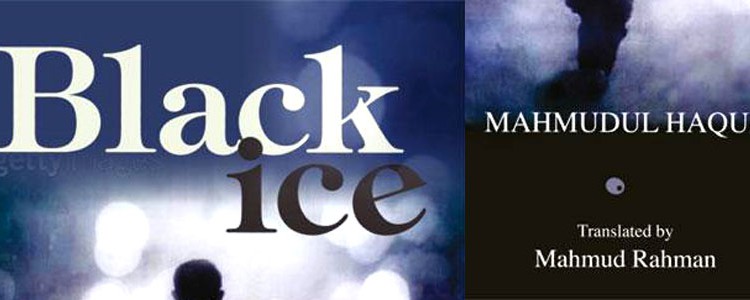Ambai “Fish in a Dwindling Lake”, translated by Lakshmi Holmstrom
( This was a review commissioned last year, but never published. So I am uploading it today on my blog. 26 June 2013)
Fish in a Dwindling Lake is a collection of short stories written by well-known Tamil writer, Ambai. It consists of short stories and four long stories. Interestingly the short stories are merely titled as “Journey”, but the longer stories stick to the motif of the journey. The narrator is usually a universal “she”, who is never given a name, probably making it easier to discuss various positions and responsibilities of women. To bracket them as merely as a wife, mistress or a reliable widowed aunt would be doing injustice to the characters created. They do occupy these socially defined and recognized spaces, but Ambai’s strength as a storyteller shines when she is able to describe their lives or an incident or a conversation or a journey that they undertake, but in a manner that shows these strong women have the quiet ability to question and make their choices and be at peace with them. For Bimla in the title story, “Journeys had become the symbols of her life. Journeys with objectives, journeys without; meaningful journeys, journeys made of necessity; journeys which were planned, but never happened; journeys which broke all decisions; journeys which had become rituals.” The stories raise questions about human relationships, sexuality of a woman and the fact that there is nothing wrong in discussing it or being aware of it. In “Journey 5”, Gomati Ammal invites her childhood friend, now a renowned professor, to move in with her after she is widowed. They belonged to the same village near Tirunelveli, but belonged to different castes. Plus, her family was paying for his education. She pleaded with him when they were young to elope and get married, but he refused and married a classmate of hers. But once she was widowed and her children were settled abroad, she wrote to the professor, “I have lived all these years in accordance with your wish. Now at least let me be with you?” So they worked out a convenient arrangement where he visits her twice a month. “He is never asked at home, why and where he is going. Neither does she say anything when she sees me. After all she is a woman who studied with me, isn’t she? Isn’t she my friend?” Using the personal pronoun or naming the protagonist instantly distances the reader from the experiences of the character, although there is an instant recognition and empathy with her. But with a character in the third person it is possible to share minute details that usually remain confined to a woman’s domain, but strike a universal chord, as the pregnant girl in “Journey 4” says ironically, “only a wife knows what goes on inside a house”.
These stories were first published in Tamil by Kalachuvadu. The publisher, Kannan Sundaram says that the English edition has “translated and published all the stories in the Kalachuvadu edition in the same order of stories with the same title. The first story in the Kalachuvadu edition has not been included as it was included in another collection of Ambai stories in English earlier –In the Forest a Deer.” For the translator Lakshmi Holmstrom, “The current collection of eleven short stories translated from Tamil; it showcases Ambai’s technical skills at her mature best. Her style can be elegant, witty and lyrical by turns. … Some of her short stories work through ironic juxtaposition of incidents, or through repetition of images, as in poems. The longer stories, on the other hand, while still using the repeated symbol or motif, are intricately constructed, moving back and forth in time almost cinematically, interweaving different kind of texts and narratives.”
Ambai is the nom de plume of C. S. Lakshmi, a renowned feminist, who established SPARROW (Sound & Picture Archives for Research on Women). So it is probably possible for Ambai to jot down these varied instances in a woman’s life since she is immersed in these stories 24×7. In an email to me after the publication of this anthology, she said that for a storyteller “stories are all around one. We must just open ourselves to them.” Hence, the title story “Fish in a Dwindling Lake” is about Kumud, her relationship with her extended clan and friends. But it also works beautifully by tracking the life of Kumud, who quietly and steadily, as happens with women, adapt and survive since the instinct for self-preservation is extremely strong. So like the fish in a shrinking lake, she may have to struggle to survive but will always find sufficient oxygen to live. This is an anthology worth reading.
Ambai “Fish in a Dwindling Lake”, translated by Lakshmi Holmstrom. Penguin Books India, 2012. Pb, Rs. 250 pp. 150









